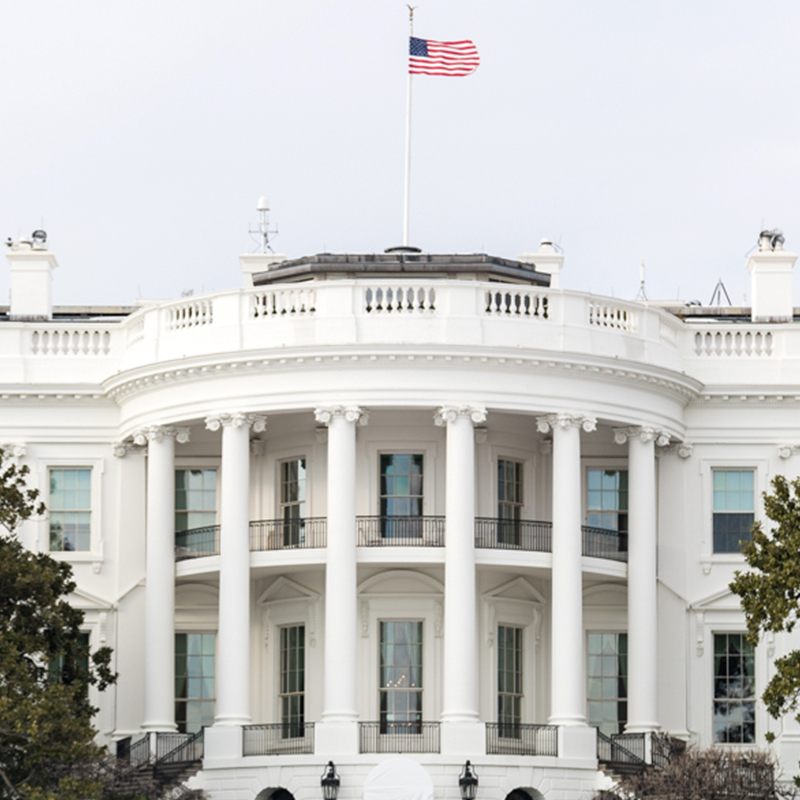US Adds Chinese Chip Giant To Military Blacklist

US government adds Chinese chip giant SMIC to military blacklist, as administration accelerates anti-China policy ahead of changeover next month
The US has added SMIC, China’s largest semiconductor manufacturer, to a list of companies owned or controlled by the Chinese military, adding to US pressure on China’s tech industry.
The move, which also adds oil giant CNOOC, China Construction Technology and China International Engineering Consulting to the list, means US investors will be barred from owning shares in the firms.
The US administration has been steadily placing more restrictions on Chinese tech companies in recent months as part of a broader trade conflict, and the latest moves are seen as an effort to lock in current policies before president-elect Joe Biden takes office in January.
The military blacklist compiled by the US Department of Defence has no immediate practical effect on its own.

Restrictions
However, a November executive order bars US investors from owning shares in the listed firms starting in November 2021.
US asset managers Vanguard and BlackRock own about 4 percent of SMIC’s outstanding shares, according to disclosures.
The executive order is aimed at preventing the use of “civilian entities” such as companies and universities in the modernisation of China’s military. SMIC has denied military links.
Currently 35 companies are on the “Communist Chinese Military Companies” list, with tech companies Hikvision, China Telecom and China Mobile added earlier this year.
SMIC has previously said some of its US suppliers have been given letters informing them of upcoming export restrictions, suggesting the company may be added to the US Department of Commerce’s “entity list” trade blacklist.
Blacklist
The blacklist prevents US companies from providing goods and services to the listed companies without a licence, with telecoms equipment giant Huawei notably added to the list in May 2019.
Such a move would have a significant impact on SMIC’s ability to manufacture chips.
SMIC is heavily dependent upon technology from US companies to operate its business.
In 2018 the company also ordered a lithography machine from Dutch company ASML that would have allowed it to manufacture chips using state-of-the-art methods.
However, Reuters reported that the US government had convinced the Dutch government to block the sale on national security grounds.
‘Politicisation’
SMIC is considered to lag two generations behind rivals such as Taiwan’s TSMC or South Korea’s Samsung.
“SMIC manufactures semiconductors and provides services solely for civilian and commercial end-users and end-uses,” SMIC said in a statement.
“The company has no relationship with the Chinese military and does not manufacture for any military end-users or end-uses.”
China’s embassy in Washington, D.C. referred to previous comments by its foreign ministry spokesperson that the country “firmly opposes the politicisation” of Chinese companies such as SMIC.